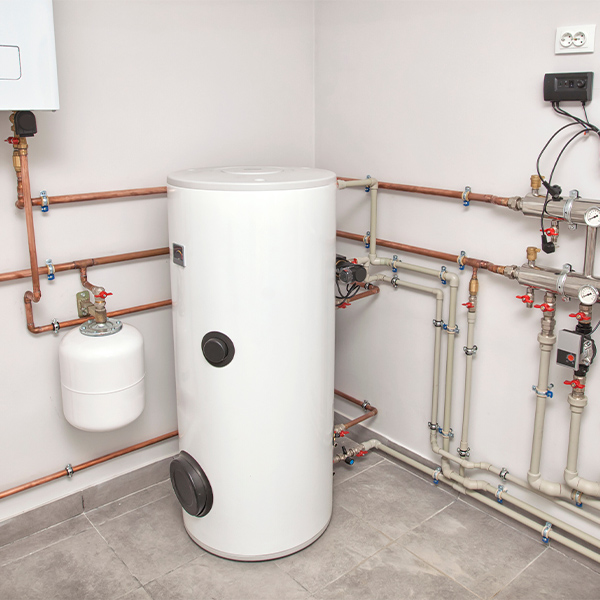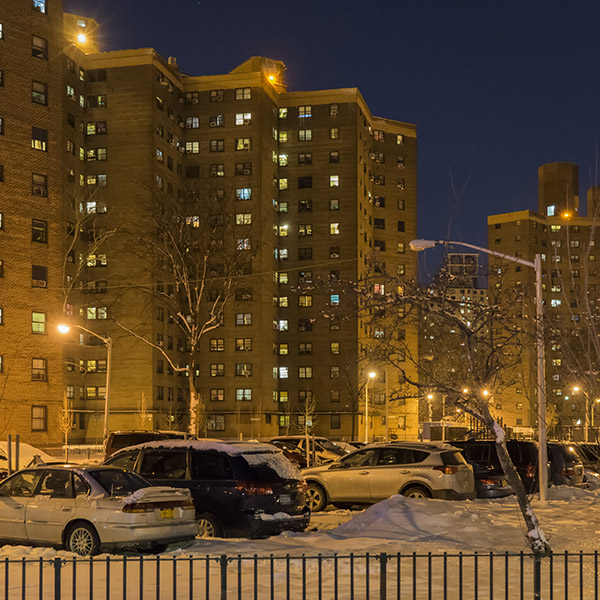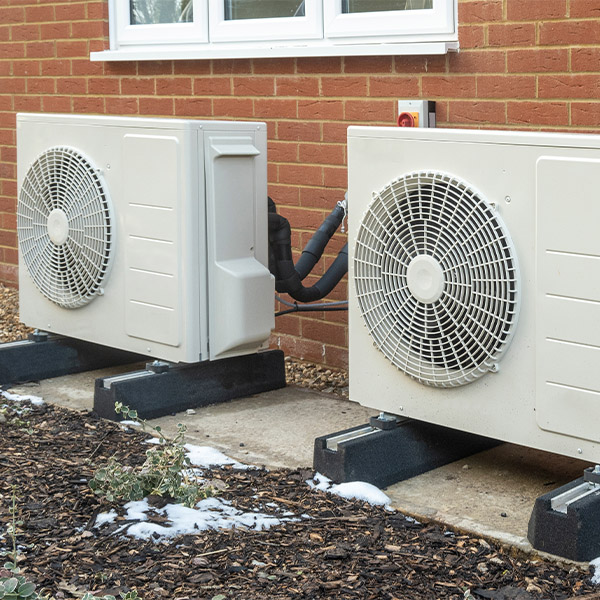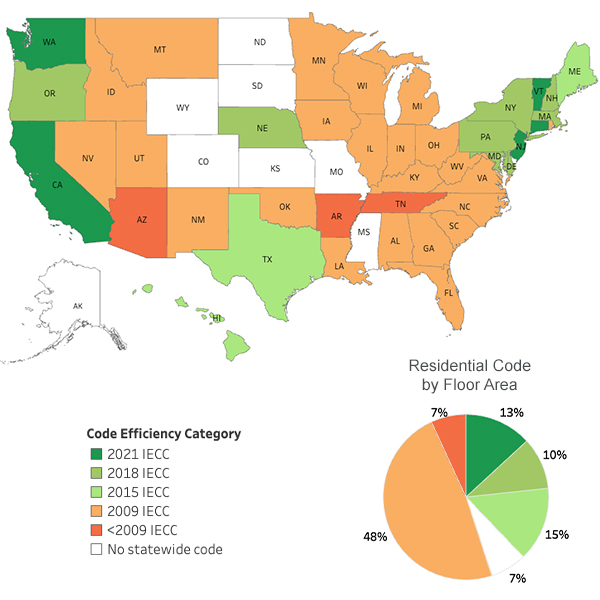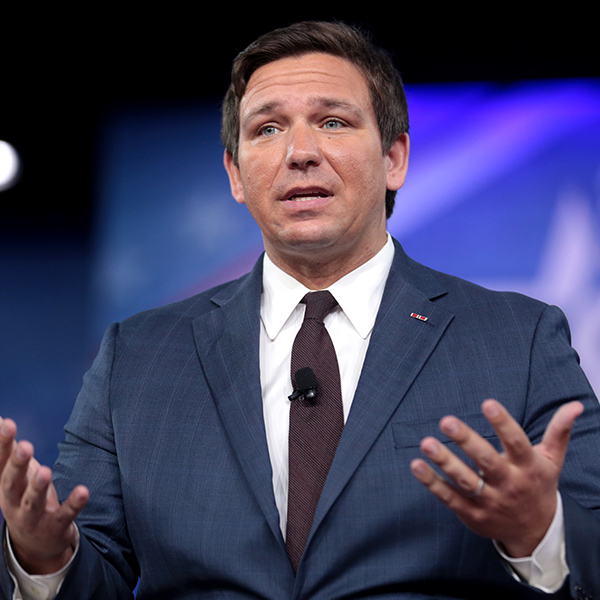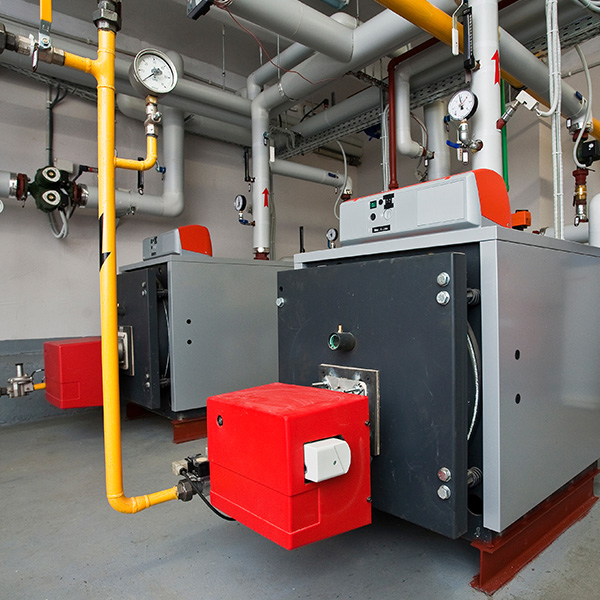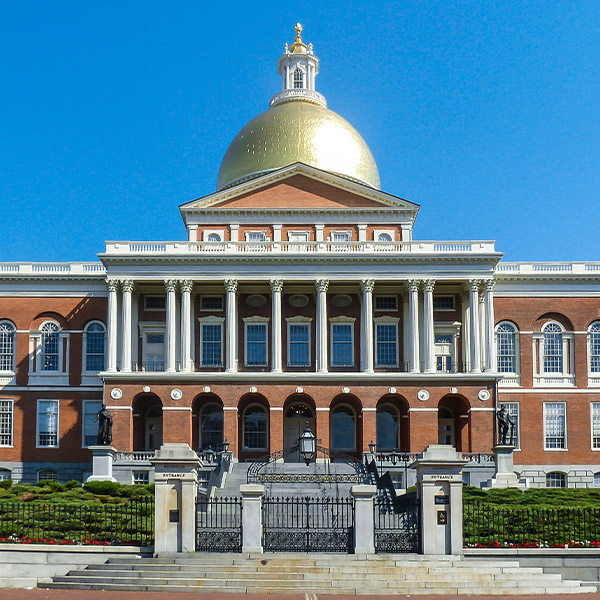Building Decarbonization
New Jersey regulators agreed to vigorously promote a statewide shift from fossil-fuel space and water heating systems to electric appliances.
The Department of Energy is proposing efficiency standards it says will save Americans billions on the operation of their water heaters and eliminate millions of tons of carbon emissions.
The nation’s largest public housing authority is trying to jumpstart development of lower-voltage cooking equipment so more of its half-million residents can switch away from gas stoves.
NARUC's annual Summer Policy Summit attracted more than 1,000 attendees for discussions on understanding and preparing for the challenges that lie ahead.
Maine Gov. Janet Mills wants 175,000 more heat pumps installed by 2027 as Maine continues climate protection efforts.
City officials and climate advocates spoke in favor of bills promoting electrification and fossil fuel bans in new buildings, facing opposition from industry representatives and gas workers.
Heat waves with triple-digit temperatures across the U.S. underline the critical role building codes can play in making buildings more energy efficient and cutting greenhouse gas emissions.
Florida Gov. Ron DeSantis recently rejected a growing list of federal and state clean energy initiatives.
An appeals court sent DOE back to the drawing board on an efficiency rule for commercial boilers after complaints the agency failed to comply with the Administrative Procedure Act.
Legislative priorities in Massachusetts for climate and energy policy include expediting permitting and siting, gas system decarbonization, reducing electricity costs, and addressing the role of competitive electric suppliers.
Want more? Advanced Search

